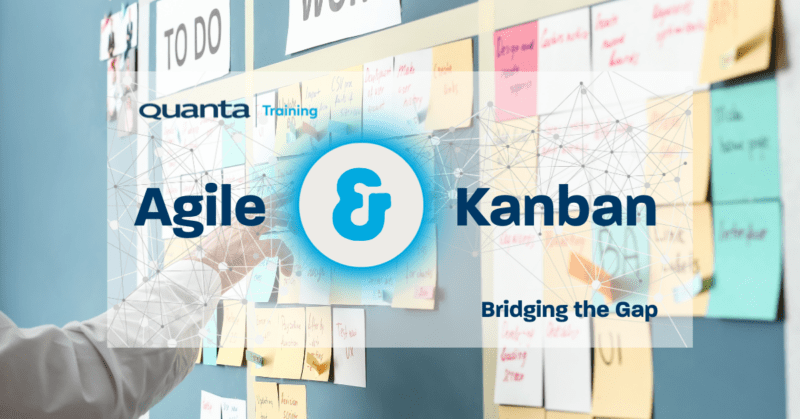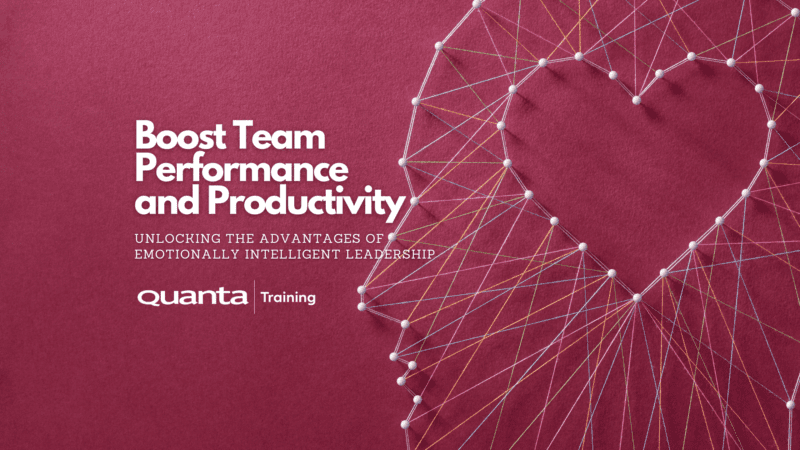A structured framework for defining and managing complex programmes leading to change
Managing Successful Programmes (MSP) is an internationally recognised best practice programme management method, which can be tailored to suit any type of working culture and any size or type of programme. MSP is also the de facto standard developed by the UK government for delivering change programmes in the UK. This course will lead you to the much sought after MSP Practitioner qualification.Book Your Course
Start Date
Venue
Availability
Cost
Course confirmed - Guaranteed to run
Course Full/Limited availability
Price shown excluding VAT.
Book a Private Event
If you require the content of this event tailored or have around 7 or more people to train it maybe better for you to host a Private Event, please get in touch to discuss this.
Get in touchDescription
Who is this course for
This course is ideal for any staff involved in programme management roles and wish to gain a qualification, for example; Programme leader; Programme office staff; Business Change Managers; Business Consultants; Operations staff involved in change programmes.
Purpose of the course
This intensive course is an in-depth study of the MSP method and includes the highly valued Foundation and Practitioner exams.
You will learn how to
- Apply the MSP framework in a programme environment
- Identify and track benefits
- Appreciate the importance of an orderly transition in a programme environment
- Understand the recommended roles and responsibilities advocated by MSP, such as the Senior Responsible Owner and Business Change Manager
Prerequisites
Experience of working in a Programme environment is desirable and those sitting the course are advised to complete the pre-course workbook and reading.Benefits for you as an individual
The course will help the delegate to manage a complex change environment. Attendees will appreciate the different perspectives that are germane to risk management, how stakeholders can be identified and engaged, how to prepare for transition and how benefits should be identified and evaluated.
Benefits for your organisation
The course relays the importance of an orderly management of change which, in a programme environment, is especially difficult to achieve. In particular, the course will focus on transition (preparing for it, enacting it and then, once it has occurred, realising benefits). A significant focus of the course is on benefits realisation: how claimed benefits must be properly tested for their validity and, if they are valid, how to make more likely the chance of them being realised.
Identification Programme
- Detailed review of techniques to take a programme from concept to feasibility and a Programme Brief.
- Definition Programme
- Development of future business models and planning and application to a case study.
Managing the Tranche
- Steps and mechanisms used to enable the programme to flex to external events and keep the programme under control.
Realising Benefits
- Application of steps and activities required to take the capabilities delivered by the projects to release the benefits.
Delivering Capability
- Design of case study project portfolio to ensure that they deliver the required capabilities to the change programme.
Closing a Programme
- Steps in a structured Closure to ensure that the defeat is not snatched from the jaws of victory.
Benefits Management
- Identifying and defining, from the case study of a benefits strategy, followed by profiling and modelling their delivery.
Organisation and Governance
- Design an organisational structure for a programme, identifying responsibilities and additional roles that could be required.
Vision and Blueprint
- Establishing a viable Vision on which the programme should be based, and developing an optimal end game Blueprint that steers the programme.
Risk and Issue Management
- Apply the 4 levels of Risk to the scenario, develop mitigation strategies and a process for resolution of issues.
Planning and Control
- Define the contents of a Programme Plan and identify how the programme will be controlled, with associated responsibilities and tools.
Stakeholder Engagement and Leadership
- Identify and analyse the stakeholders, profile and map their interests and issues and develop the Communications Plan.
Business Case
- Look at the challenges for the Business Case in the case study scenario and its use as a control tool.
Quality Management
- Design a Quality Management Strategy for a programme and the issues associated with implementation.
Additional Exam Information
The Foundation exam is 60 minutes long, containing 60 questions of which 36 correct answers or more are required to pass.The exam is closed-book.
The Practitioner examination is two-and-a-half hours and consists of 8 questions, with 80 marks available, 40 marks or more are required to pass. The exam is open-book (only the MSP Guide is allowed).
The MSP Practitioner certification will expire after 3 years. Please See information on Keeping your Certifcations current.
If you are attending a Face to Face course your exam will be a paper-based exam during your course.
If you are attending a Virtual course you’ll be issued an exam voucher to take the exam at a time of your choosing. Please see PeopleCert’s website for the security requirements for the web based exam driver.
This course is eligible for the PeopleCert Take2 scheme, please discuss at point of booking if this is of interest to you.
Please note - it is compulsory to purchase the exam, although discretionary whether you take it.
Pre-Coursework
Several hours of pre-course preparation work is required, along with some evening work during the course. The MSP® Pre course book will be sent to you 4-6 weeks before the start of the course.Pre-course reading and post-course support on Quanta Learn, our e-learning portal.
Get Started
Forget trawling through endless course catalogues – Find the training that’s right for you
Learn MoreLatest from our blog
Kanban and Agile: Bridging the Gap
Kanban and Agile: Bridging the Gap Quanta’s Kanban University Certified Trainer Steve Church explores the way in which Agile and…
Read More
How a Ballerina could move into Cybersecurity
Jason Ford, Quanta Cybersecurity and IT Trainer talks about the limitations in Cybersecurity Training courses. Jason discusses a safe and…
Read More
Boost Team Performance and Productivity: Unlocking the Advantages of Emotionally Intelligent Leadership
Quanta People Development and Leadership Trainer, Giles Collins outlines the key elements of Emotionally Intelligent Leadership and how it impacts…
Read More





